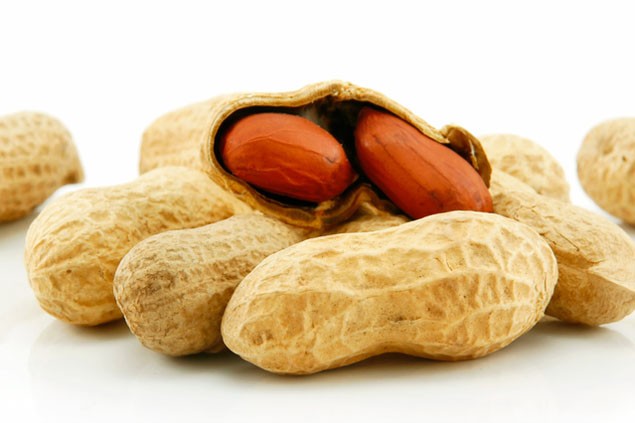Introduce Peanuts Early to Prevent Allergy
Peanut butter and jelly sandwiches are a dietary staple for many children. But for others, peanut products can be life-threatening and are strictly taboo. A new study released at a meeting of the American Academy and Association of Allergies and Immunology and published in the New England Journal of Medicine suggests that peanut allergies can be prevented through early exposure.

A study has found introducing peanuts early could prevent nut allergies in children. (Photo: Austin Family Medicine)
“The importance of this study will really change the way peanuts are introduced in children’s diets,” says Rachna Shah, MD, board-certified allergist at Gottlieb Memorial Hospital, part of Loyola University Health System. Often, peanut introduction is recommended when the child is between 2 and 3 years of age. Pregnant or lactating women may be told not to consume peanuts to prevent allergies.
More than 1.3 percent of children in America are allergic to peanuts. “Symptoms of peanut allergies are hives, vomiting, rash, shortness of breath, decline in blood pressure and even death,” says Shah. “If a child eats or even is exposed to peanuts, a reaction could range from something as relatively simple to treat as hives to a life-threatening episode.”
Treatment for peanut allergies in children currently is limited to avoiding peanuts. Peanut allergies generally cannot be outgrown. If a child is allergic to peanuts, it is likely they will also be allergic to other tree nuts like almonds, cashews, hazelnuts, pecans, walnuts and pistachios.
Delayed exposure to peanuts did not decrease the development of peanut allergies. In fact, early introduction and regular consumption of peanuts led to a reduced likelihood of developing a peanut allergy after the age of 60 months.
“Bottom line, early introduction of peanuts decreases the frequency of developing a peanut allergy,” says Shah, who treats many children as well as adults with peanut allergies in her practice. “The estimated prevalence of peanut allergy in America is 1.4 to 3 percent and the numbers are growing so this news offers a potential real solution to prevention.”
Shah recommends this tip for introducing peanuts to a child’s diet:
- Introduce peanuts in a controlled setting like your home. “The last thing you want, is for the introduction to happen in a restaurant or party where you might not be able to directly monitor the symptoms of a reaction.”
Article by Loyola University Health System




